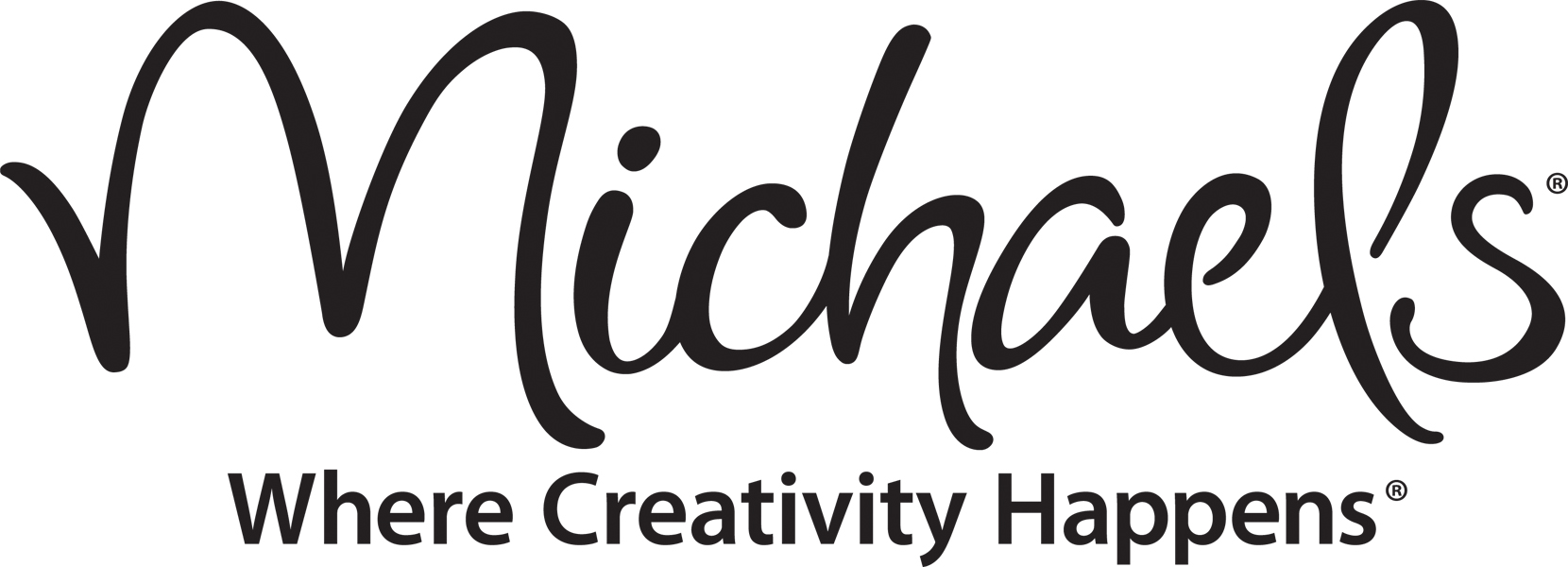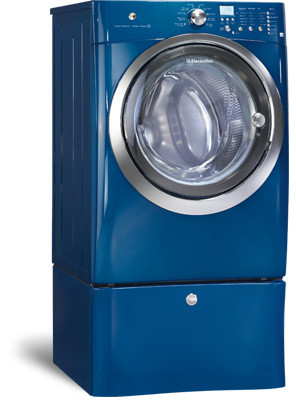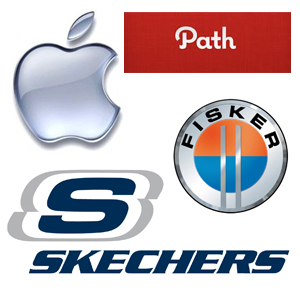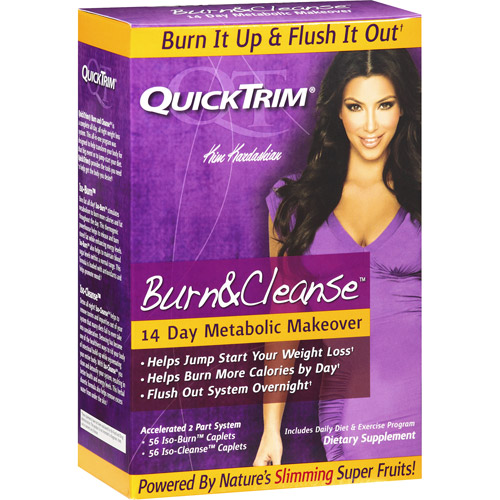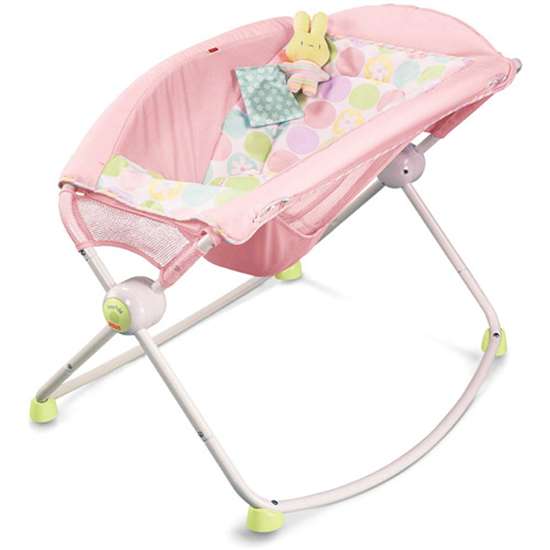 Top Class Action Lawsuits
Top Class Action Lawsuits
Rock ‘N Mold? Heads-Up anyone who purchased a Fisher-Price Rock ‘N Play Bassinet or baby seat prior to January 2010:
Fisher Price and Mattel are facing a defective products class action lawsuit over allegations the Rock N Play baby seat has design flaws which results in it growing mold. Nice.
The Fisher-Price Rock ‘N Play Mold Growth Class Action Lawsuit, entitled is Butler v. Mattel Inc., et al., Case No. 2:13-cv-00306, in the U.S. District Court for the Central District of California, alleges Mattel and Fisher-Price were aware of the Rock ‘N Play design flaw since 2010. Specifically, the lawsuit claims that the baby seat design does not allow for adequate ventilation around the seat, making the product conducive to dangerous mold growth. The lawsuit, states that mold “is linked with serious respiratory illnesses and inflammatory problems in infants and recent long-term studies have suggested that infants exposed to environmental mold are nearly three times as likely to develop asthma by age seven.”
The Consumer Product Safety Commission has received in excess of 600 consumer complaints alleging mold growth between the Rock ‘N Play’s removable cushion and plastic frame, prior to the device recall in January 2013. At the time, 16 complaints included reports of infants becoming sick from the mold. Fisher-Price faced at least on lawsuit filed by a couple who alleged their son was hospitalized for respiratory problems after being exposed to mold that they claim developed on his Rock ‘N Play seat.
The Mattel and Fisher-Price marketed the Rock ‘N Play class action lawsuit claims the defendants failed to warn consumers that the sleeper was prone to mold growth. The plaintiffs further claim the defendants failed to test the product for mold growth or humidity resistance prior to releasing it on the market, even though they were aware that the seat would be regularly exposed to moisture and warmth—conditions conducive to mold growth.
According to the lawsuit, “Within seven months of the Rock ‘N Play’s release, concerned consumers began to call Defendants to complain that their Rock ‘N Plays were ‘moldy’ and, in many instances, that their infants were having respiratory problems they attributed to the mold.”
The lawsuit goes on to claim that tests for mold were only conducted on the product after hundreds of consumer complaints had been made detailing babies becoming ill from mold exposure. And, the lawsuit states that Mattel and Fisher-Price did not take timely action to either fix the defect or warn consumers about the risks, even though they were aware of the design defect.
While the defendants issued a recall of the Rock ‘N Play on January 8, 2013, the lawsuit claims that it was inadequate because it “consists solely of a 16 page booklet of cleaning instructions downloadable from the Internet, instructing owners to inspect the product for visible mold and, if mold is seen, undertake an onerous cleaning process that will cause damage to the product.”
The plaintiffs are seeking certification of a nationwide class of people who acquired a Fisher-Price Rock ‘N Play Sleeper that was sold prior to the January 8, 2013 recall. The plaintiffs also seek to certify three subclasses of California, Pennsylvania and Maryland residents who purchased the Rock ‘N Play prior to January 8, 2013.
Phantom of the Paycheck. Well, here’s a new take on an old theme….taxable phantom wages…? Yup. Three ex-Starbucks employees have filed a wage and hour class action lawsuit alleging the coffee company adds a taxable “phantom wage” of 50 cents an hour in tips to paychecks, which results in some employees receiving less than the minimum wage. The lawsuit claims that Starbucks in is violation of the Fair Labor Standards Act (FLSA), which prohibits employers making deductions in employees pay that would result in those employees making less than minimum wage.
Entitled, Fredrickson, et al. v. Starbucks Corp., Case No. 13-cv-02041, U.S. District Court Oregon, Portland Office, the lawsuit, filed by Hannah Fredrickson, lead plaintiff, states that Starbucks discourages employees from reporting their tips. Further, the lawsuit claims, “Starbucks just makes up that phantom number out of thin air.” Therefore, the lawsuit contends that Starbucks “willfully filed fraudulent information,” in violation of federal tax law, by reporting the made-up tips in W-2 returns.
According to the Starbucks class action, “Starbucks deducts amounts from its employees’ pay that reduce their paychecks below the minimum wage and/or overtime requirements. Its stated reason for the deduction is that the employees owe taxes on their tips, but that is false. Neither Oregon nor federal law require Starbucks to withhold taxes from unreported tips. The employees do not owe taxes on the tips, because their income is low enough that the withholdings from their regular wages are more than enough to meet their annual tax burden. Even if this were not the case, however, the employees would not have to pay any taxes on those unreported tips until the following April 15 (tax day). The FLSA requires employers to pay the minimum wage and overtime on payday, so the fact that the employees might receive a refund of these wrongfully deducted amounts (in many cases over a year later) does not eliminate the violation.”
Fredrickson is seeking class certification, an injunction, and damages for wage and hour violations and $5,000 or the sum of actual damages incurred, whichever is greater, for providing false information on tax returns.
Top Settlements
Securities Settlement News… FalconStor Software is going to pony up some cash, it looks like. A proposed $5 million settlement has been reached in the securities class action lawsuit its facing, which was filed by purchasers of FalconStor Software, Inc. (Nasdaq:FALC) common stock.
The FalconStor Software settlement would affect all persons who purchased the common stock of Falconstor Software Inc during the class period March 12, 2008 to September 29, 2010, inclusive.
Here’s the skinny: If you purchased FalconStor common stock during the period of March 12, 2008 through September 29, 2010, inclusive, you may be a member of the Class described above, and your rights may be affected by the Settlement of this Litigation.
If you have not received a detailed Notice of Pendency and Proposed Settlement of Class Action and a copy of the Proof of Claim and Release, you may obtain copies of these documents by contacting the Claims Administrator at: www.strategicclaims.net.
If you are a Class Member, in order to share in the distribution of the Net Settlement Fund, you must submit a Proof of Claim and Release postmarked no later than January 20, 2014, establishing that you are entitled to recovery, in the manner and form explained in the Notice. If you are a Class Member and do not submit a proper Proof of Claim Form, you will not be eligible to share in the distribution of the net proceeds of the Settlement, but you will be bound by any judgment or orders entered by the Court in the Litigation, whether or not you submit a claim.
If you desire to be excluded from the Settlement Class, you must submit a request for exclusion received no later than January 20, 2014, in the manner and form explained in the Notice. All members of the Settlement Class who do not request exclusion will be bound by any judgment entered in the Litigation.
For complete information on the proposed settlement and class action lawsuit, and to download forms, visit: www.strategicclaims.net.
Ok Folks, That’s all for this week. See you at the Bar!
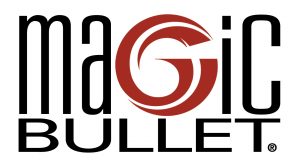 Top Lawsuits & Class Action Lawsuits
Top Lawsuits & Class Action Lawsuits
